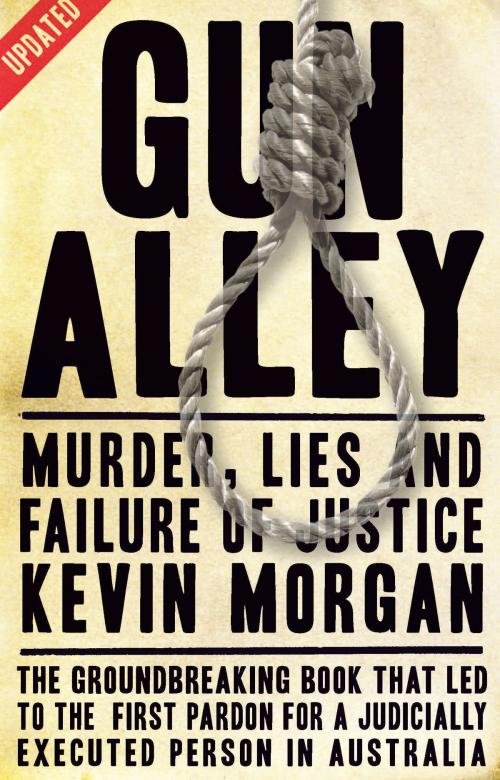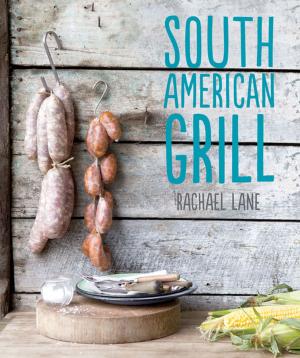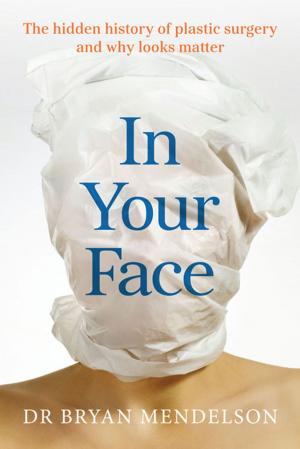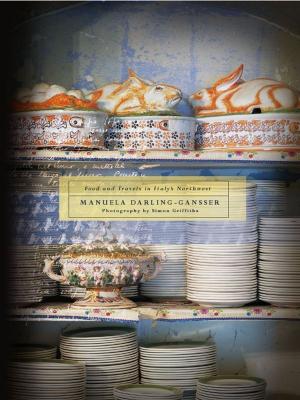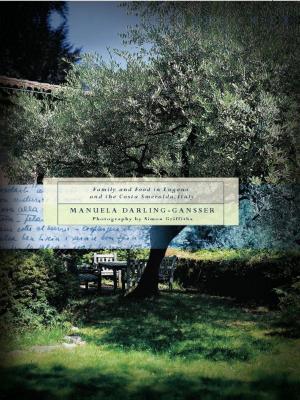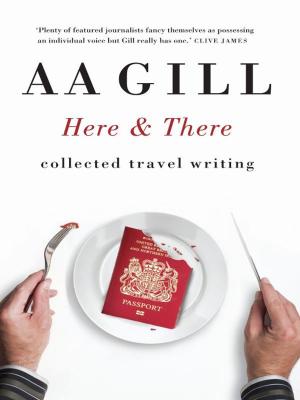| Author: | Kevin Morgan | ISBN: | 9781742738154 |
| Publisher: | Hardie Grant Books | Publication: | May 1, 2012 |
| Imprint: | Language: | English |
| Author: | Kevin Morgan |
| ISBN: | 9781742738154 |
| Publisher: | Hardie Grant Books |
| Publication: | May 1, 2012 |
| Imprint: | |
| Language: | English |
In the early morning of New Years Eve 1921, the naked body of 12-year-old Alma Tirtschke was found in Gun Alley, a dead-end lane off Melbournes Little Collins Street. She had been raped and strangled. In an atmosphere of public frenzy the police were pushed to find a culprit. Thirteen days later, saloonkeeper Colin Campbell Ross was charged with her murder. Rapidly convicted, and with his appeals to higher courts rejected, Ross was hanged at Melbourne Gaol on 24 April 1922, protesting his innocence to the end. While researching the case in 1995, author Kevin Morgan stumbled upon a faded blue envelope containing critical evidence: hair samples. During the trial the prosecution had claimed that hairs found on Rosss blanket matched a sample of Almas hair. This was the first time such forensic evidence had brought a conviction in Australia. Re-examination by modern-day experts has proven the hairs do not match. Gun Alley is the riveting story of how botched policework, trial by media and lynch-law hysteria spawned a staggering conspiracy to convict and hang an innocent man, and reveals for the first time the vital clues — missed in the original investigation — that point, more than 80 years on, to the true killer. The first edition of the book led Colin Ross and Alma Tirtschkes families to present the government with a petition of mercy, asking for the case to be re-opened. A new epilogue specially written for this second edition details how after reviewing the conviction, the Supreme Court unanimously concluded that there had been a miscarriage of justice, and in May 2008 Governor David de Kretser signed a posthumous pardon for Ross, after which his remains were returned at last to his family.
In the early morning of New Years Eve 1921, the naked body of 12-year-old Alma Tirtschke was found in Gun Alley, a dead-end lane off Melbournes Little Collins Street. She had been raped and strangled. In an atmosphere of public frenzy the police were pushed to find a culprit. Thirteen days later, saloonkeeper Colin Campbell Ross was charged with her murder. Rapidly convicted, and with his appeals to higher courts rejected, Ross was hanged at Melbourne Gaol on 24 April 1922, protesting his innocence to the end. While researching the case in 1995, author Kevin Morgan stumbled upon a faded blue envelope containing critical evidence: hair samples. During the trial the prosecution had claimed that hairs found on Rosss blanket matched a sample of Almas hair. This was the first time such forensic evidence had brought a conviction in Australia. Re-examination by modern-day experts has proven the hairs do not match. Gun Alley is the riveting story of how botched policework, trial by media and lynch-law hysteria spawned a staggering conspiracy to convict and hang an innocent man, and reveals for the first time the vital clues — missed in the original investigation — that point, more than 80 years on, to the true killer. The first edition of the book led Colin Ross and Alma Tirtschkes families to present the government with a petition of mercy, asking for the case to be re-opened. A new epilogue specially written for this second edition details how after reviewing the conviction, the Supreme Court unanimously concluded that there had been a miscarriage of justice, and in May 2008 Governor David de Kretser signed a posthumous pardon for Ross, after which his remains were returned at last to his family.
